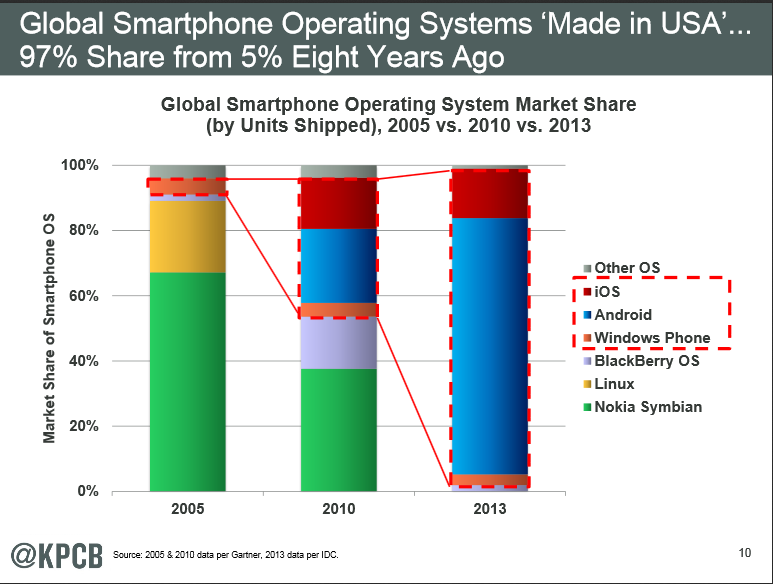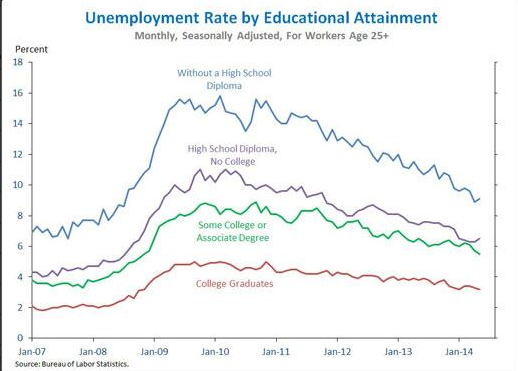The big annual SHRM National Conference happens in a week or so in Orlando. I’ll be there. SHRM is letting me speak again this year, which is cool, I’m as subversive as SHRM gets which makes it fun for me. I always get a lot of SHRM dignitaries that show up to make sure I don’t say anything inappropriate, which makes me get very creative with my words, and if you read my blog you know that list of words is roughly around 350.
To combat the possibility I might slip up they put me at times they hope no one will show up. This year I’m on at 7am on Monday! Yeah, 7 freaking am! Good thing for me I’m a morning person and I drink giant amounts of Diet Mt. Dew – I will have one on stage with me! If you bring me one, I’ll line them up and try to knock them all down in my hour and fifteen minutes!
Bobbi Wilson from Huntsville, AL SHRM (she’s good people, connect with her!) asked me who I would like to see speak at SHRM, besides myself, and I thought it would make a good post, so here’s my Top 10 don’t miss presentations at SHRM! First we have to lay down some rules of why and who I will choose:
A. I’ll always choose entertaining speakers over non-entertaining speakers. It’s an HR conference, we’ll have our share of boring ones!
B. I like practitioners, but don’t get too caught up in that. Most of the best speakers used to be practitioners who found out they’re pretty damn good speakers, so they went the consultant route and doing very well. Many practitioners are knowledgeable but can’t speak a lick!
C. Titles mean a lot. If you can’t come up with a creative title, my guess is you can’t come up with a creative presentation.
So, here’s who I will see if I have time in between networking with all the great HR Pros who come to SHRM (I usually get more out of the networking than the presentations!):
1. Tim Sackett, SPHR – Monday 7am – “What Your CEO Wishes HR Would Do!” – I hear he gives out hugs after his presentation! Plus, he’ll be all jacked up on Mt. Dew!
2. Jonah Berger – Tuesday 2:15pm – “Crafting Contagious Ideas“ – this might be the only session I will actually attend. This dude is brilliant and a great speaker. He’s my #2 behind Malcolm Gladwell. You should not miss this. #Fanboy
3. Jennifer McClure – Wednesday 10am – (friend alert! At some point Jen and I will share a Sprinkles Cupcake during SHRM – you’re not invited!) – “The Business Case for Building Effective Business Leaders“ This is actually the worst title in the history of SHRM that doesn’t include “FMLA” or “EEOC”, but Jen is a pro’s, pro who understands how to get a session accepted at SHRM. The title has to be vanilla! Don’t hold that against her. She’s really good and has a cult following of HR ladies who love her!
4. Gregg Tate, GPHR – Tuesday 10:45am – “Adidas: How They Created Their nWow (New Way of Working) Company Culture” – I’ve seen the Adidas guys speak before and they’re usually good with a good story. Insider tip – see how they pronounce “Adidas” – many insiders from Germany do it differently than we say in the states – you can’t get it out of your head!
5. Mike Reardon – Monday 10:45am – “Sustaining the Disney Culture Through Selection, Training, and Engagement”
6. Brad Karsh – Monday 2:00pm – “Once Upon a Time…Four steps to Using Storytelling to Deliver Unforgettable Presentations” – This is the most underutilized skill in HR, period. You’ll be a better HR Pro if you have this skill. Not just for presentations but increasing your influence throughout your organization.
7. Chester Elton – Monday 4:00pm – “All In: How Great Leaders Develop a Culture of Belief and Deliver Big Results” – Chester is a good speaker. Doesn’t matter what he’s presenting, he’s probably better than most at that time slot. He’s polished and will deliver a good show.
8. Cy Wakeman – Tuesday 7am – (Cy has the session of death – no one wants to get up after partying Monday night for a 7am session!) “Reality-Based Rules of the Workplace: New HR Foundation to Boost Employee Value and Drive Results” – Cy knows her stuff! I like going to presentations where I’m going to hear from someone who actually knows what they’re talking about, and she does!
9. Michelle Smith – Tuesday 4pm – “Next Practices Leadership: Driving Growth & Innovation in a People-Led Economy” Michelle is from O.C. Tanner and they’ve got some great research on engagement, what works, what doesn’t – well worth the time to see her speak to get that data!
10. Vendor Show – Every day, all day – Pick out three kinds of technology you might bring into your HR shop in the next 3 years (digital interviewing, automated reference checking, assessments, recruiting tools, metrics, etc.) and good spend some real time demoing those products. It will be some of the most valuable time you spend at SHRM! Part of our job in HR is to know what we’ll be using in the future, this is where you’ll find that stuff! Scout out the small booths in the back aisles. There will be companies there that you haven’t heard about, that in three years everyone will be using – that’s really, really cool!
Connect with me. One of my favorite things to do at SHRM National is to meet HR pros around the world who read my blog. I get in Sunday, leave Wednesday. Tweet me, email me, call my cell, stalk my session – but let’s connect in a real way (okay I mean hugging!).


